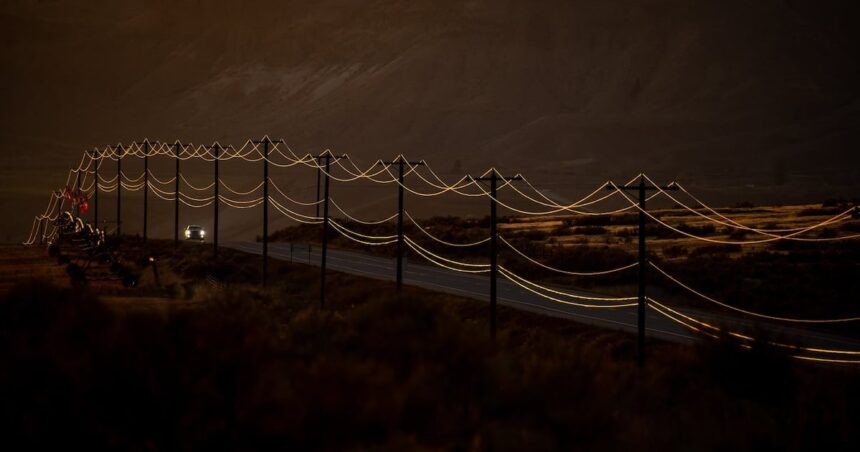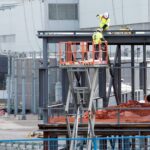As British Columbia confronts its most severe power crisis in decades, residents from Vancouver to Prince George are facing the stark reality of rolling blackouts this summer. The confluence of record-breaking drought conditions, explosive growth in electricity demand, and escalating trade tensions with the United States has created what BC Hydro CEO Chris O’Riley calls “a perfect storm threatening the province’s energy security.”
The province’s reservoirs have dwindled to critically low levels—just 38% of normal capacity as of May 2025—following three consecutive years of below-average precipitation. This precarious situation has slashed hydroelectric generation capabilities by nearly 30% across BC Hydro’s network of 31 power stations.
“We’re operating in uncharted territory,” O’Riley told reporters during yesterday’s press conference at BC Hydro headquarters in Vancouver. “The combination of climate-induced water shortages and unprecedented demand growth is challenging our system beyond anything we’ve experienced in our 60-year history.”
The demand surge stems largely from British Columbia’s rapid adoption of artificial intelligence technologies and data centers, which has increased provincial electricity consumption by 17% since 2023—more than double the projected growth rate. The province’s ambitious electrification targets, including mandates for electric vehicles and heat pumps, have further strained the grid.
Climate scientist Dr. Sarah Chen from the University of British Columbia points to troubling long-term patterns. “What we’re witnessing isn’t simply a temporary anomaly,” Chen explained in an interview with CO24 News. “Historical hydrological patterns that informed BC Hydro’s infrastructure planning no longer apply in our warming climate. The system was designed for conditions that increasingly don’t exist.”
Compounding these challenges, BC’s traditional backup plan—importing power from neighboring jurisdictions—has been compromised by diplomatic tensions. Washington State, which typically supplies surplus electricity to BC during shortfalls, has restricted power exports following disputes over salmon conservation and lumber tariffs.
“The Pacific Northwest has its own capacity issues this year,” notes energy policy analyst Michael Torres from the Canadian Energy Research Institute. “But the current administration’s decision to limit exports to British Columbia is clearly influenced by the broader trade disputes between Ottawa and Washington.”
The provincial government has announced emergency measures including mandatory 15% consumption reductions for industrial users and potential residential rolling blackouts during peak periods. Premier David Eby has requested federal assistance while fast-tracking approval for three small-scale natural gas peaker plants—a controversial move that has drawn criticism from environmental groups but which energy officials defend as necessary given the circumstances.
For BC’s business community, the energy shortfall threatens economic growth. The Vancouver Board of Trade estimates potential economic impacts exceeding $4.2 billion if power restrictions continue through the summer, with technology and manufacturing sectors bearing the heaviest burden.
First Nations communities are particularly vulnerable to the impending crisis. “Many Indigenous communities already face energy insecurity,” says Grand Chief Stewart Phillip of the Union of BC Indian Chiefs. “The coming shortages will disproportionately impact remote communities with limited alternatives.”
BC Hydro’s long-term capacity expansion plan, which includes the controversial Site C dam project, won’t provide relief until at least 2027. The utility is now accelerating deployment of grid-scale battery storage and negotiating emergency power purchase agreements with Alberta generators despite significantly higher costs.
As British Columbians prepare for a summer of potential energy disruptions, the crisis raises profound questions about infrastructure planning in an era of climate uncertainty. How will provinces like British Columbia balance ambitious clean energy transitions while ensuring reliability in power systems increasingly vulnerable to climate extremes?










